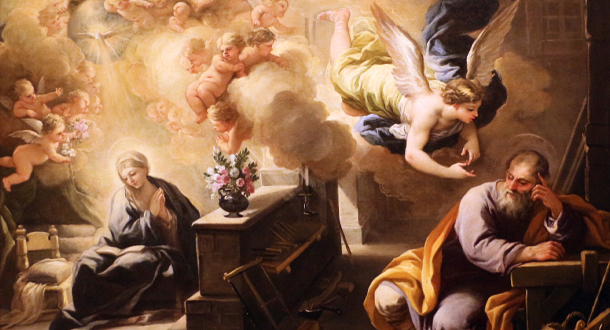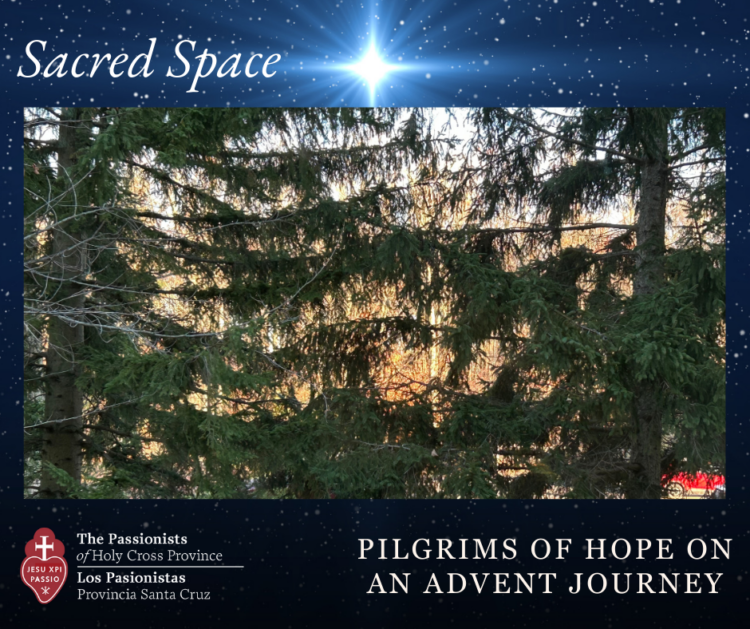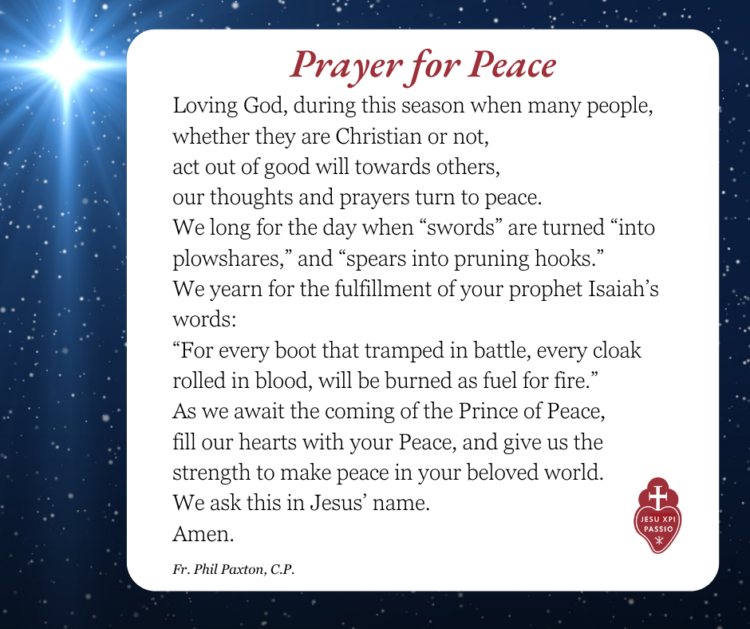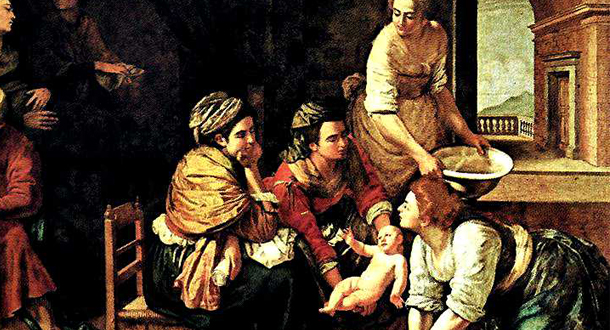
Feast of Saint Stephen
Scripture:
Acts 6:8-10; 7:54-59
Matthew 10:17-22
Reflection:
Today is the day after. All the build-up. The anticipation. The nervousness but also the wonder.
I am not referring to yesterday’s Christmas celebration. I am referring to the Birth of Jesus.
As Mary, Joseph, a few tired shepherds—and maybe the innkeeper checking in on things—recover from the events surrounding the birth of this child, like every other set of new parents, they are likely asking, “What now?”
That’s maybe the question we should take time today to ponder. “What now?” What do we do with this annual celebration of the Son of God entering into our world, into our hearts? What difference does it make really? How do we live our lives differently because of this birth?
Rather than be a day of wrapping up Christmas (pun intended), pulling down the tree, shutting off the seemingly incessant Christmas songs (since Thanksgiving!), and returning gifts we really did not want or need, it might be a good time to sit and ponder, “What now?” It is not a question with a definitive answer. Mary and Joseph certainly could not see the future, nor can we. But this question is not a “let’s wait and see” question, either. It is a question that begs us to be attentive, to listen, to anticipate how the Spirit is going to lead us. We get a glimmer of this attentiveness in the gospel stories of Joseph having mysterious dreams and of warnings from visiting wise men.
“What now?” is a question that opens us to the possibilities perhaps yet known. Maybe all those plans we lay out for ourselves may have to be adjusted by listening to the Spirit. Maybe you who are parents have had to forego hopes and expectations only to be amazed at the graciousness of God in the life of your children. The saying that is often attributed to St. Theresa of Avila may be appropriate on this “day after:” “God writes straight with crooked lines.” Mary and Joseph had to trust. So should we.
So, a new year awaits us, probably with some grace-filled surprises.
Robert Hotz is a consultant with American City Bureau, Inc. and was the Director of The Passion of Christ: The Love That Compels Campaign for Holy Cross Province.





